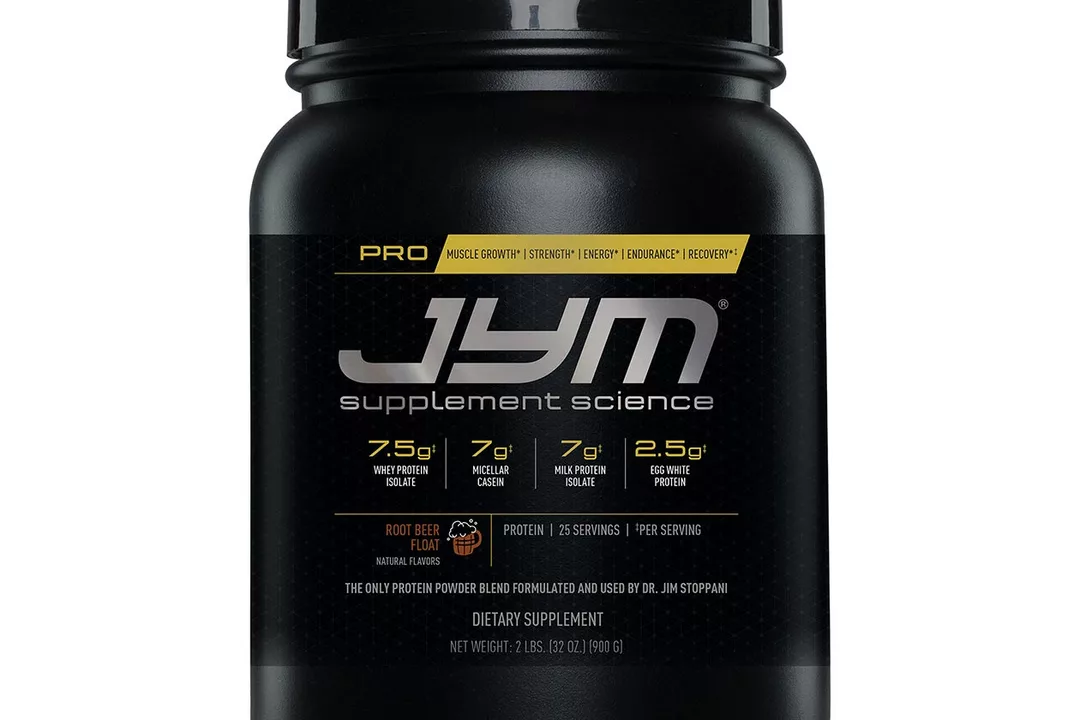I recently came across a fascinating topic about casein peptides and their potential benefits for our health and fitness goals. Casein peptides are a type of dietary supplement derived from milk protein that has been linked to improving muscle recovery and overall fitness performance. What caught my attention is how these peptides can also boost our immune system and promote better sleep. I'm excited to explore the case for casein peptides further and see if incorporating them into my routine could help me achieve my health and fitness goals more efficiently. Keep an eye out for a more in-depth blog post on this topic soon!
Casein Peptides — What They Are and Why People Use Them
Casein peptides come from milk protein called casein. When casein breaks down — during digestion or in manufacturing — it releases smaller pieces called peptides. Some of these peptides are “bioactive,” meaning they can affect digestion, appetite, blood pressure, or muscle repair. If you drink milk, eat cheese, or take a casein supplement, you’re getting these peptides in different amounts and forms.
Benefits and common uses
People choose casein peptides for a few clear reasons. First, casein digests slowly. That means it delivers amino acids steadily over several hours, which can help reduce muscle breakdown overnight or between long meals. Athletes and people who train in the evening often use a casein shake before bed to support overnight recovery.
Second, some bioactive casein peptides can slow stomach emptying and boost satiety — so they help control appetite and reduce snacking for some people. Third, certain peptides (like casokinins) show mild blood-pressure-lowering effects in lab studies, and others may help gut health by supporting beneficial bacteria. These effects are usually subtle, but useful when combined with overall diet and lifestyle changes.
Forms, timing, and how to use them
You’ll find casein as micellar casein (the slowest), casein hydrolysate (partially broken down, absorbs faster), and isolated casein powders. For steady, long-lasting amino acids, micellar casein before sleep or between meals is a simple option. If you want faster absorption but still gentle digestion, choose hydrolysates. Typical supplement servings range from 20–40 g of protein, but match portions to your calorie and protein needs.
Real food sources matter: whole milk, cottage cheese, Greek-style dairy, and aged cheeses contain casein and its peptides naturally. Supplements are handy if you need a concentrated dose or prefer a specific timing (like before bed).
Quick tips: take micellar casein 30–60 minutes before bed for overnight support; use hydrolysate after late training when you can’t tolerate whey; pair casein with carbs if you need faster recovery in some situations.
Cautions: casein is a milk protein — avoid it if you have a milk allergy. People with lactose intolerance may tolerate casein powders (lactose is lower), but check labels. If you have kidney disease or other medical conditions, talk with your doctor about higher protein intakes.
Bottom line: casein peptides aren’t magic, but they’re a practical tool. Use them to control appetite, provide steady amino acids overnight, or add variety to your protein strategy. Start with moderate doses, watch how your body responds, and adjust timing to match your goals.

